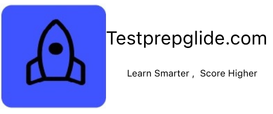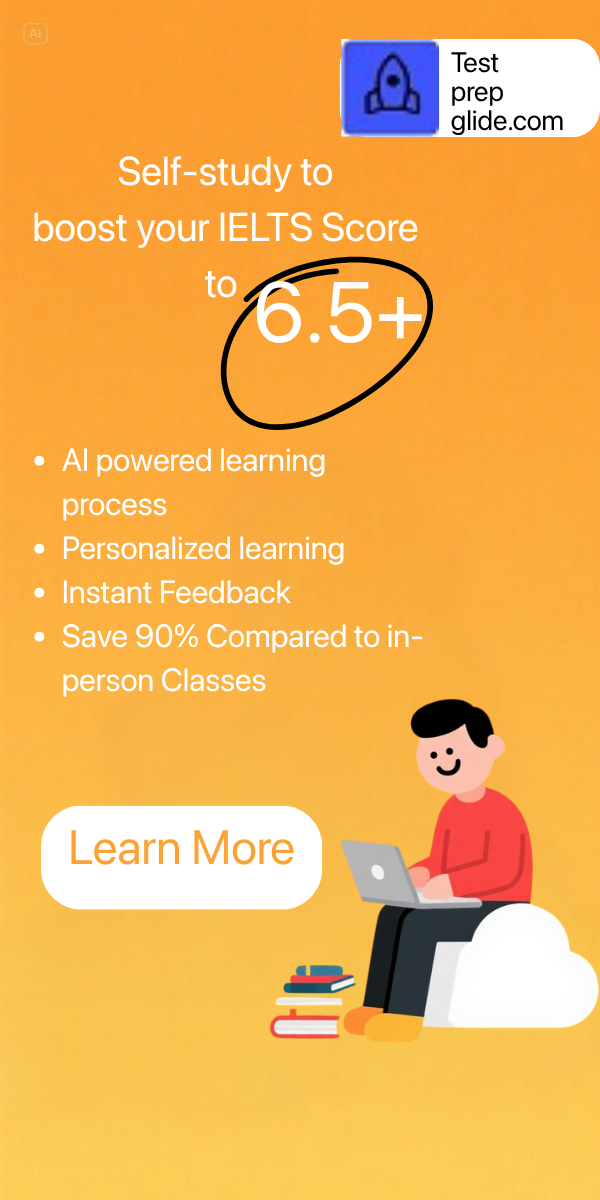Revised Content
As you may be aware, during IELTS Speaking Part 2 (the cue card section), candidates receive one minute to prepare their response. Do you maximize this time effectively to deliver a strong speech? Explore this article to address common concerns about utilizing these 60 seconds optimally.
Many students perceive the IELTS Speaking cue card task as the most daunting segment due to the requirement of speaking uninterrupted for up to two minutes. A recurring question is: How should one utilize the brief preparation time? In such cases, having a pre-planned strategy proves invaluable.
Strategy
Use the 60 seconds to brainstorm ideas related to the topic. Jot down keywords or phrases that come to mind. This step allows you to structure your speech content and enhance its quality. Effective use of this time ensures smoother delivery and extended speaking duration.
Example of Implementing the Strategy
Suppose the examiner provides this cue card with pen and paper:
Describe a party you attended and enjoyed:
– What party it was
– Where it was held and who attended
– What you did
– Why you enjoyed it
Preparation Notes (Keywords):
Birthday party, youngest sibling
Delhi’s Grand Hotel last year
Family, relatives, friends, colleagues
Dancing, games, chatting, buffet
Fun atmosphere, stress relief, unforgettable
Sample Speech Using Keywords:
“I’ve attended numerous gatherings, but the most memorable one was my youngest brother’s birthday celebration at Delhi’s Grand Hotel last year. The guest list included family members, close relatives, his friends, and some of my father’s colleagues.
The event began with guests mingling in the hall, followed by cake-cutting at 11 AM. My brother received heartfelt wishes and gifts. Later, everyone enjoyed a diverse buffet featuring both fast food and traditional dishes, along with desserts like ice cream.
Post-lunch, games were arranged for children, though adults enthusiastically participated too. The highlight was dancing to Bollywood music, while others sang along. This party remains unforgettable as it offered a refreshing break from my hectic routine, making it a joyous and cherished experience.”
MindMapping for Better Recall
Beyond keywords, consider these elements while preparing:
– Vocabulary: Note 1-2 transitional phrases (e.g., On the whole, In conclusion) to improve coherence.
– Idioms/Expressions: Incorporate 2-3 phrases (e.g., time flew by, had a blast) to showcase language range.
Key Tips for Preparation and Delivery
– Prioritize Relevance: Quickly brainstorm ideas tied to the topic; avoid irrelevant tangents.
– Clarity Over Complexity: Focus on writing concise keywords (e.g., “beach, 2020” for where/when questions), not full sentences.
– Stay Calm: Ignore the examiner’s presence while preparing; focus solely on your notes.
– Leverage Personal Experience: Draw content from real-life events, books, or films for authenticity.
– Visualization: Mentally picture the scenario to generate ideas more naturally.
– Organized Notes: List keywords in bullet points for quick reference.
Practice Exercise
Test this strategy with the following cue card:
Describe one of your favorite photographs
– What the photo depicts
– Where and when it was taken
– Who is in the photo
– Why it is your favorite
Use the 60 seconds to outline keywords, then deliver a structured two-minute response.






